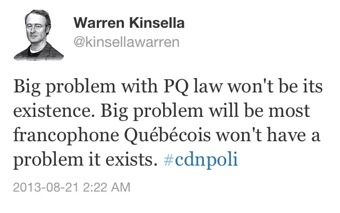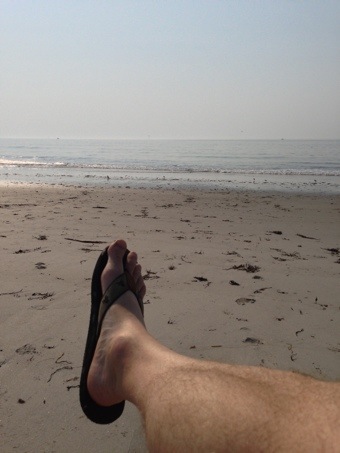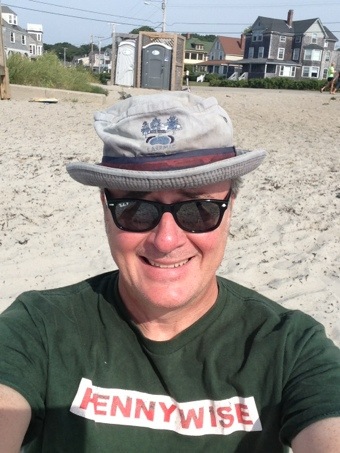The best and worst of the Liberal Party of Canada were on full display in the past week.
On the one hand, there was the “race” to be the Liberal candidate in Toronto Centre, which became available when Bob Rae decided to retire from politics.
The behind-the-scenes machinations in Toronto Centre suggest, among other things, that the entire affair has been rigged to favour one candidate over the others.
Even before the race has run its course, in fact, Toronto Centre feels like it has been decided already — and it has left many wondering if Justin Trudeau’s much-celebrated “open nominations” pledge was, among other things, a bit of spin, maybe even a fib.
And then, on the other hand, there was something else entirely, something to make us proud.
There was the selfsame Trudeau, being the first political leader to raise his voice against Parti Quebecois’ despicable plan to prevent public employees — bureaucrats, but also doctors, nurses and teachers — from wearing religious garb and insignia in public.
While Stephen Harper remained silent, and the NDP’s Thomas Mulcair refused to criticize the PQ’s bigoted initiative — calling it only “a trial balloon” — Trudeau excoriated the separatists’ planned stunt, raising it with Premier Pauline Marois, and saying it would render Quebec a laughingstock.
“I don’t think it’s who we are,” Trudeau said, correctly. “I don’t think it honours us to have a government that does not represent our generosity and openness of spirit as a people.”
It was hard to square that Trudeau — the one who has opposed a hateful, undemocratic measure in Quebec — with the one who is muddying democratic principles down in Toronto Centre.
They do not seem like the same person, even though they apparently are.
The Toronto Centre contest, which really isn’t one, recalls the bad old days of the once-great Grits, when earnest and hard-working locals were pushed aside — and out-of-touch aristocrats made their entrance, trumpets heralding their arrival, and the leader’s minions throwing rose petals ahead of them.
The aristocrat, in this case, isn’t Michael Ignatieff, although you could be forgiven for remembering him right about now.
It is Chrystia Freeland, who (like Ignatieff) has lived and worked for years in the U.S., who (like Ignatieff) passed some time at Harvard, who has written books (like Ignatieff) about Russia and the plight of people from a lower station in life, and who (like Ignatieff) is being heralded as a political star by the finest minds of deepest Rosedale.
Trudeau claims, with a straight face, that he is not attempting to engineer the nomination for Freeland — who does not even live in Canada, let alone Toronto Centre. But there is not a Liberal alive who believes him.
The fact that Trudeau professed to favour “open nominations” has made the odour emanating from Toronto Centre even more pungent. His caucus, who have had to endure plenty of indignities in recent years, have been told they must all fight to keep their nominations. No favourites, they were told.
All except Freeland, that is, whose book Trudeau rather fancied.
She therefore gets to have one of the most coveted Liberal nominations in the country. Without, you know, even living in the country.
As we say, it is as disappointing as it is puzzling. There were two Trudeaus stalking the land last week, and one of them we do not like, at all.
We need more of the one who protested courageously a scheme he knows will be popular with many in Quebec.
We need more of the young man who pointed out — unlike Harper and Mulcair — that the Parti Quebecois’ legislated bigotry is both unnecessary and unconstitutional.
What we don’t need, at all, is Michael Ignatieff in pearls — and Trudeau looking the other way, while some of his BMW-driving fixers maul democracy to orchestrate her debut in Parliament.
Early impressions are important, in politics as in life.
The impression Justin Trudeau left us with in the appalling Quebec case was inspiring — even prime ministerial. We applaud you, Mr. Trudeau.
Meanwhile, the impression left by the sordid manipulations in Toronto Centre? It all stinks.
And for that, Mr. Trudeau, we say shame on you.
Comments (31)



